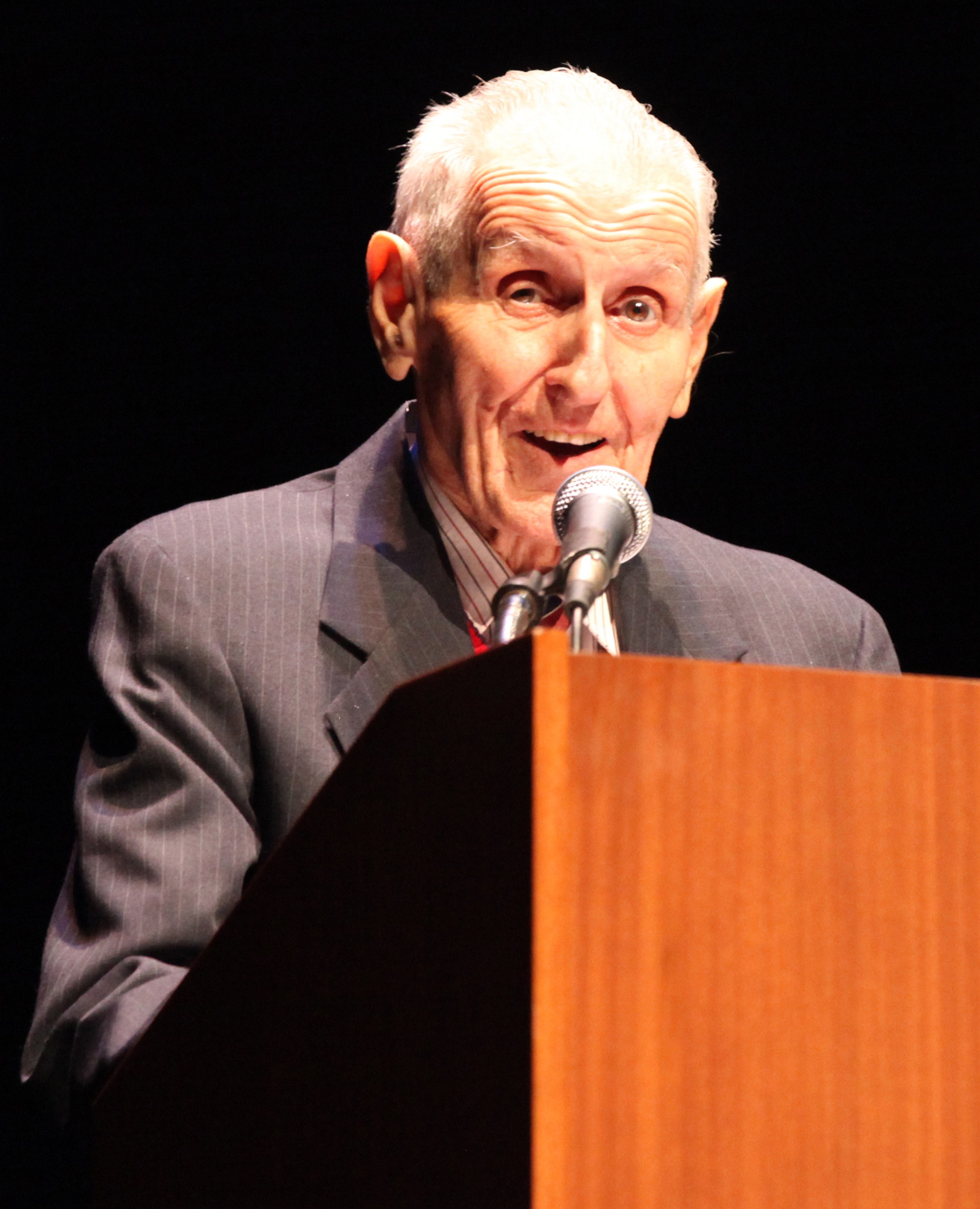
There have been endless battles over patient rights and assisted suicide. People take their lives in many ways. Doctor Jack Kevorkian, left, was a pioneer in the field of assisted suicide and received much media exposure. But then like now, when another person, even a doctor helps, it can become a homicide charge for the assistant, typically a doctor administering a painless sleep inducing type of drug. In fact, the doctor, or aider and abetter could also face a lawsuit for wrongful death (source.) The fact that a doctor could be facing a murder charge, makes it very hard to find an otherwise willing physician to help the patient.
San Francisco leukemia patient Christie White along with her doctors is challenging the ban on physician assisted suicide. They plan to use the legal strategy going state-by-state to challenge the bans on assisted suicide, while right-to-die advocates continue their pursuit with politicians.
White age 53 filed her lawsuit using the legal tactic that states such as New Mexico, Montana and New York against California’s laws.
The lawsuit claims California’s laws involving end-of-life treatments have been on the books for 140 years and are outdated and by denying patients these treatments physicians are threatened with criminal prosecution. It claims state constitutional protections are violated, since California laws cover privacy, “personal dignity” and independence making medical decisions.
Disability Rights Legal Center attorney Kathryn Tucker, who is representing White stated the case is to bring focus on the fact that patients choosing end-of-life treatment is not suicide.
On the Disability Rights Legal Center website White has discussed her seven year battle with leukemia and why she wants her physicians to be able to help in her death. She also mentions she would like to die in her own community and speaks of Brittany Maynard’s case.
Maynard’s video went viral in 2014 about having brain cancer and her right to die with dignity. In her case Maynard was forced to move from San Francisco to Oregon in order to receive end-of-life treatment for her terminal cancer. The video is below for your viewing pleasure.
Currently Oregon is one of three states where doctor assisted suicide is legal.
White said she did not want to be forced to move to Oregon, leaving her husband, family and friends and said it is time for California to allow patients to make their own end-of-life medical decisions.
The U.S. Supreme Court previously has ruled doctor assisted suicide laws should be determined by the states (See Wiki Here.) Legal experts say this forces advocates of end-of-life treatment to refrain from arguing that denying physician assisted suicide violates the patient’s federal constitutional rights.
White has stated she says she will back the lawsuit while fighting her illness and when her time comes she wants to be with her loved ones and die a peaceful death in California with dignity. White’s attorneys stated they want to speed up White’s lawsuit and raise the argument of a “fundamental right” in the state construction for patients with terminal illnesses to get the life ending treatments.
According to University of New Mexico law professor Robert Schwartz physician assisted life ending treatments and gay marriage are the two civil rights issues of the decade. Schwartz believes that the strategy in the California lawsuit is fitting.
Targets of White’s San Francisco legal action are San Francisco District Attorney George Gascon and Attorney General Kamala Harris. They have declined comment about the lawsuit and they would be responsible for prosecution of White’s physicians if they provided life ending treatment for the leukemia patient.
Democratic Senator Bill Monning of San Luis Obispo and Lois Wolk of Davis introduced a bill last month in an attempt to legalize doctor assisted suicide in California. The legislation is modeled after Oregon’s law and should soon be the topic of committee hearings.
Last year in New Mexico a judge ruled doctors could not be prosecuted for assisting dying patients but the ruling is now being reviewed by the state appeals court.
Legal arguments that can be used in challenging California’s 1874 assisted suicide statute, include the New Mexico ruling. Montana is a state where the Montana Supreme Court also ruled in 2009 to ban the prosecution of physicians providing end of life treatment to patients. The ruling used the State Constitution that protects the patients.
Californians Against Assisted Suicide spokesman Tim Rosales said the lawsuit in a broader sense is a strategy to legalize the use of drugs that accelerate death. Rosales said this strategy is an attempt to throw anything out and see what works. Groups that are against the end of life treatments by doctors are becoming involved with court cases to preserve the laws against doctor assisted suicides.

